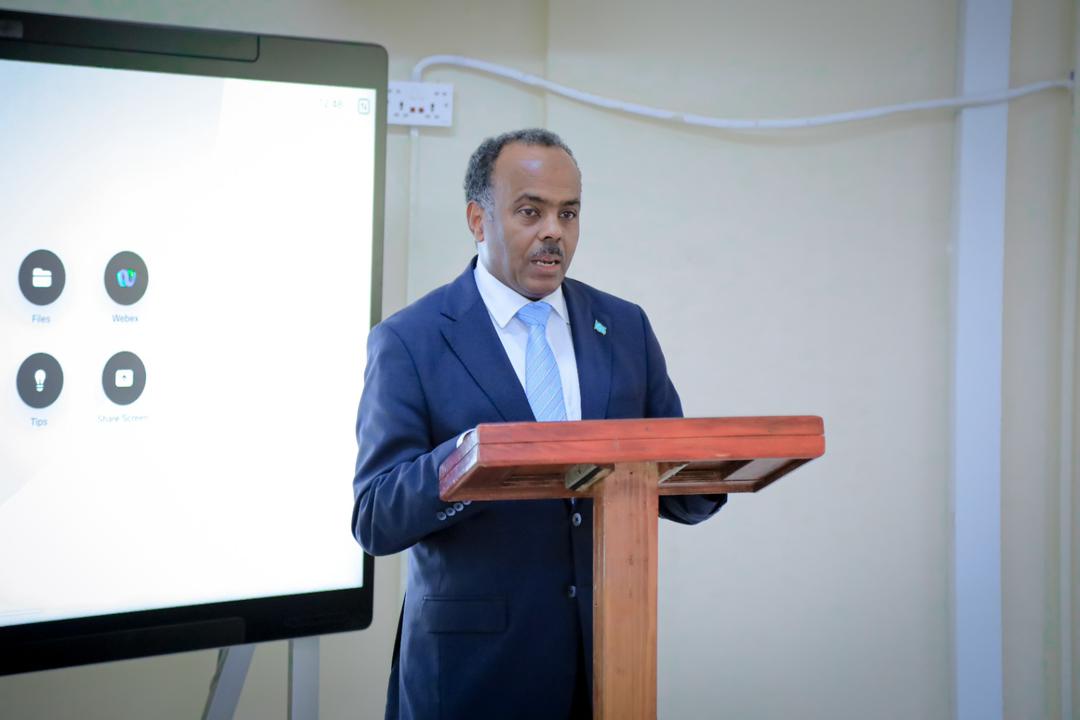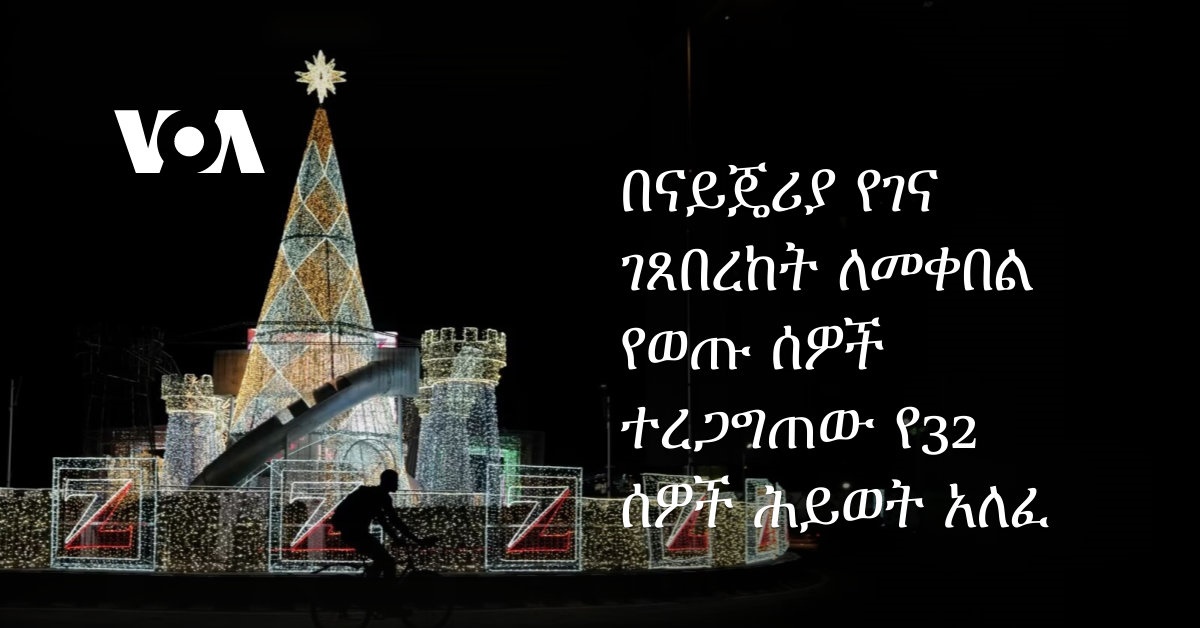THERE was robust debate as parliamentarians critiqued the 2025 National Budget, which is aimed at entrenching economic growth, social protection and building resilience.
The Budget was passed by Parliament shortly after 2am last Thursday.
In an interview, Finance, Economic Development and Investment Promotion Minister, Professor Mthuli Ncube, said he was pleased that Parliament passed the 2025 National Budget.
“This followed long debates and discussions over this Budget over two days last week (a fortnight ago) and then three days this (last) week,” he said.
“On one occasion, we finished the debate at 5.30am. So it just shows that Parliament was really keen to represent the citizens of Zimbabwe in contributing to the Budget.
“I was very pleased with the contributions of the various portfolio committees that presented their findings in terms of consultation with the public and their own views on the Budget.”
Prof Ncube presented the ZiG276,4 billion (about US$7,5 billion) Budget on November 28, under the theme, “Building resilience for sustained economic transformation”.
In the debates, parliamentarians wanted to know how the Budget builds resilience for various groups and deepen economic transformation.
Prof Ncube said the support for agriculture, for example, is one way the Budget is building resilience for farmers against climate shocks and food insecurity.
There is also investment in irrigation schemes, following the construction of dams such as Muchekeranwa in Marondera and Chivhu Dam, by the Second Republic, to ensure cropping does not start when it rains, given the challenges brought by climate change.
Women and young people are also being empowered through the capitalisation of the Empowerbank and the Zimbabwe Women’s Microfinance Bank, while there are plans to remove the requirement for collateral on some categories of loans so that people without security can access loans and embark on their projects.
In terms of the Budget building resilience against currency and other shocks, it will do so by maintaining a fiscal discipline where the Budget deficit will stay within 0,4 percent or at least below 1 percent of GDP.
Explained Prof Ncube: “This means that we won’t be monetising any additional Government debt, which will then cause volatility or rather cause growth in money supply and volatility for the currency and then push up inflation.
“So fiscal discipline is key. And also the budget is supportive of our discipline in the monetary sector to make sure that both the monetary and the fiscal side are able to support currency stability and overall macroeconomic stability.”
Funds have also been budgeted for provision of food for vulnerable communities under the social welfare programme and sanitary wear for school going girls.
The Budget also provided funds for the devolution programme, which has been transforming communities since 2019 through provision of clean water, construction of roads, clinics and schools, depending on a given community’s pressing needs.
Prof Ncube added that a development finance fund for industrialisation has been set aside to boost manufacturing capacity and support value chains.
“The debate was very constructive, very robust. Every clause was debated and I think citizens will be pleased that Parliament did a thorough job in reviewing this Budget. It’s certainly a good Budget indeed.”









